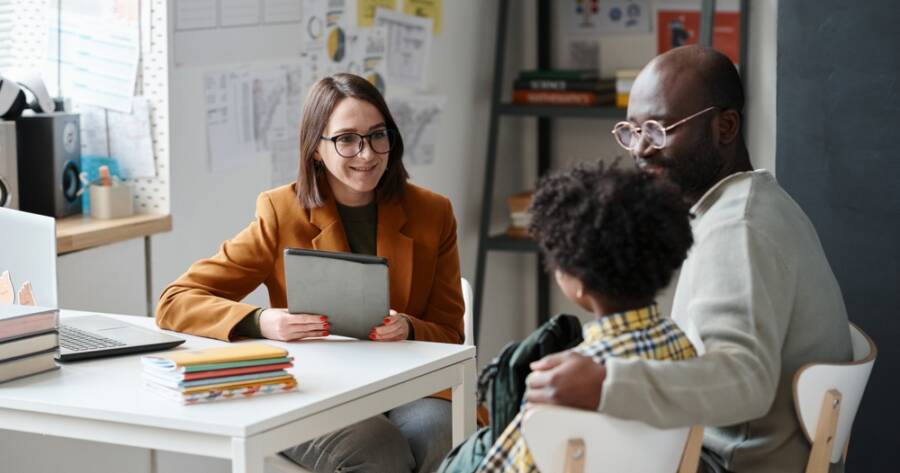Building a strong parent-teacher partnership is crucial for enhancing a child’s educational journey and personal development. Such collaborations foster a supportive environment, improve communication, and ensure mutual respect and understanding. By focusing on positive reinforcement and collaborative problem-solving, these partnerships effectively adapt to diverse needs, empowering students and creating dynamic learning spaces for long-term success.
The Importance of Parent-Teacher Partnerships
Building a strong parent-teacher relationship is pivotal for a child’s educational and personal development. It enables educators to gain insights into a child’s unique needs through collaboration with parents, thus enhancing the learning experience. A partnership between home and school establishes a supportive environment that is crucial for children’s growth and well-being. It’s not just about academic success; such relationships also contribute to the overall happiness and courtesy of children, making them both successful and well-rounded individuals both academically and personally.
Effective Communication Techniques
Communication is the cornerstone of strong parent-teacher relationships. It’s essential to move beyond the confines of standard parent-teacher conferences, ensuring regular engagement throughout the academic year. This ongoing dialogue can be facilitated through various means such as parent-teacher conferences, emails, newsletters, and even casual interactions during drop-off times. These informal exchanges can create comfort and openness for both parties, fostering a nurturing ground for collaboration in various settings.
Mutual Understanding and Respect
An atmosphere of mutual respect and understanding between parents and educators is vital. Acknowledging parents as primary experts on their children helps tailor educational strategies that better suit each student. Educators should actively involve parents by soliciting feedback, incorporating parental insights, and demonstrating trust in their contributions. This reciprocity not only fosters a positive school experience for students but also strengthens the educational environment.
Harnessing the Power of Positive Reinforcement
Positive reinforcement plays a crucial role in nurturing a child’s educational journey. Teachers should seize opportunities to celebrate a student’s achievements, both big and small, with parents. This practice of recognition enhances a child’s self-esteem and motivates them to continue excelling while also reinforcing positive perspectives in academic life. Furthermore, parents who receive affirmative feedback about their children are more likely to engage positively within the school community, thus maintaining a cycle of encouragement and motivation.
Collaborative Problem-Solving
When issues arise, addressing these collaboratively with parents can have profound benefits. Employing a problem-solving approach that includes diverse perspectives ensures that solutions are comprehensive and mutually beneficial. This strategy empowers both parents and teachers, enhancing trust and paving the way for smoother conflict resolution in future challenges while strengthening bonds in the process. These efforts help cultivate a strong community foundation that stands ready to support the student’s educational journey.
Adapting to Diverse Needs
The increasing diversity in family structures and societal changes call for adaptive communication strategies. Schools need to implement multiple methods to ensure effective communication with all families. This could range from open houses and home visits to newsletters and digital updates. Adapting communication strategies to align with family needs is essential in ensuring that no child is left behind, and every family feels valued and heard within this educational ecosystem.
Why You Should Learn More About Building Parent-Teacher Relationships Today
Fostering robust parent-teacher relationships is not just about immediate educational gains. It significantly impacts a child’s entire schooling experience, helping them to thrive academically and personally. Parents and teachers together create a dynamic learning space where a child feels understood, supported, and motivated. As these partnerships deepen, they contribute to a lifetime of learning and success, emphasizing the importance of continuous improvement in communication methods and strategies to meet the needs of all students. By focusing on these collaborative efforts, educators and parents play a pivotal role in shaping future-ready individuals.
